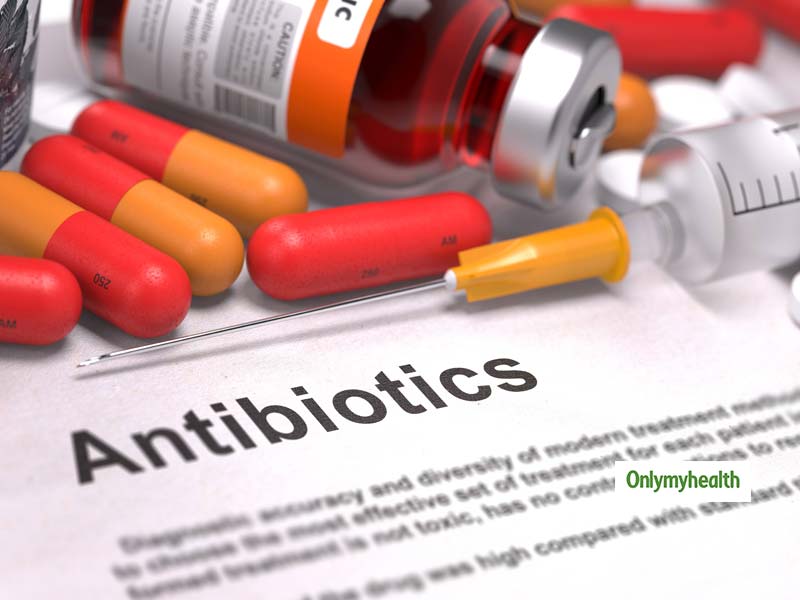
Many patients are unaware of the after-effects of taking an antibiotic. Antibiotics are such medicines that should only be taken as per a doctor’s prescription. Too much of antibiotics usage can lead to resistance in the body. Antibiotic resistance, also known as the silent tsunami, occurs when some bacteria have figured out how to outsmart antibiotics. Many strains of bacteria are becoming resistant to antibiotics, causing deadly infections in the body. The most commonly used antibiotics in India are chlortetracycline, oxytetracycline, doxycycline, ciprofloxacin, enrofloxacin and neomycin. Internal Medicine, Dr Ratan Kumar Vaish from Rockland Hospital says, “The more you use an antibiotic, the more you expose bacteria to an antibiotic, the chances of getting resistant to that antibiotic increase. The more antibiotics we put into people, environment and also livestock, there are more chances of bacteria to become resistant. Such resistance can be a bane in the long run as the patient may get immune to the effects of the antibiotics on the body.”
Table of Content:-

With rising cases of resistance in India, it was recently found that the Poultry in India are fed with antibiotics such as ciprofloxacin to treat infections, make them grow fast and fat. “Public health is at stake with such high usage of antibiotics in animals. Those consuming meat very often are at risk of having a higher antibiotic resistance. Earlier, all these were just assumptions, but this recent study done by Centre for Science and Environment’s (CSE) Pollution Monitoring Lab has proved it a fact,” says Dr Atul Gogia, Consultant Physician, Sir Gangaram Hospital.
Also read: World Blood Donor Day 2019: Theme, Significance and Importance of ‘Blood For All’
Why be concerned?
The new medical procedures are of no use if resistance occurs. Dr Vaish adds, “Organ transplants, hip replacement or even cancer treatment is difficult in patients suffering from antibiotic resistance. Also, pneumonia, which is treated with extensive use of antibiotics, will no more be curable with these available antibiotics. All of this will lead to expensive treatments.”
Those who become antibiotic resistant have a lot to fear. Following are some of the effects of high usage of antibiotics:
- Curing bacterial diseases would become nearly impossible
- It could also lead to death
- It reduces the overall resistance power of the body
- Conditions such as tuberculosis (TB) and pneumonia are treated with antibiotics like ciprofloxacin; however, if the bacteria are antibiotic-resistant, then it can get complex to treat such diseases.
Also read: Mental Health At Workplace: 6 Significant Tips To Improve Mental Well-being
Crux of problem
Sharing her concern over this important medical issue, general physician Dr Arundhati Chadha says, “One should regulate the sale of these antibiotics in the first step. These days patients are found asking for antibiotics even when it is not needed, and doctors are handing over such medicines without thinking of the consequences. Prevention of infectious diseases should be the main focus by keeping on sanitation and overall health.”
Prevent it

This health hazard can be controlled by:
- Minimising unnecessary prescribing and overprescribing of antibiotics
- Complete the entire course of the prescribed antibiotic so that it can be fully effective and not breed resistance
- Practising good hygiene and use appropriate infection control procedures
Read more articles on Other Diseases
How we keep this article up to date:
We work with experts and keep a close eye on the latest in health and wellness. Whenever there is a new research or helpful information, we update our articles with accurate and useful advice.
Current Version